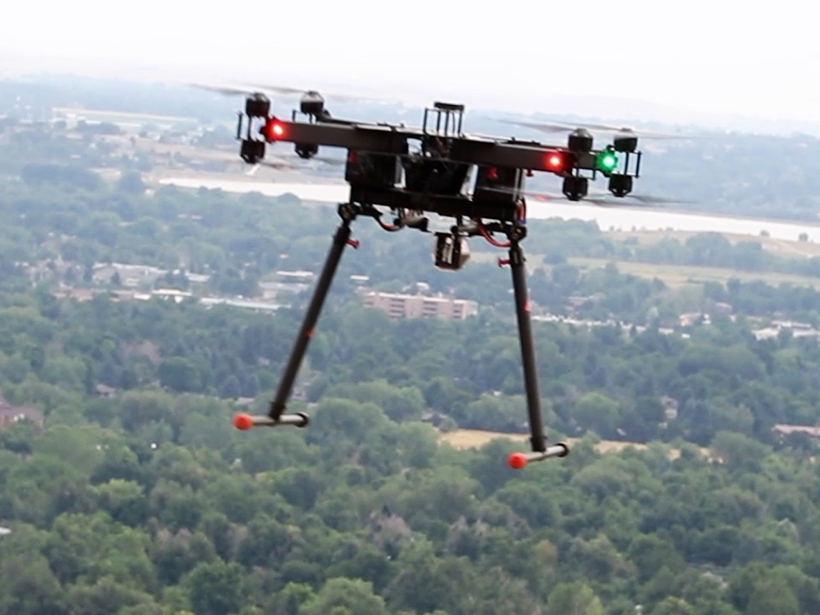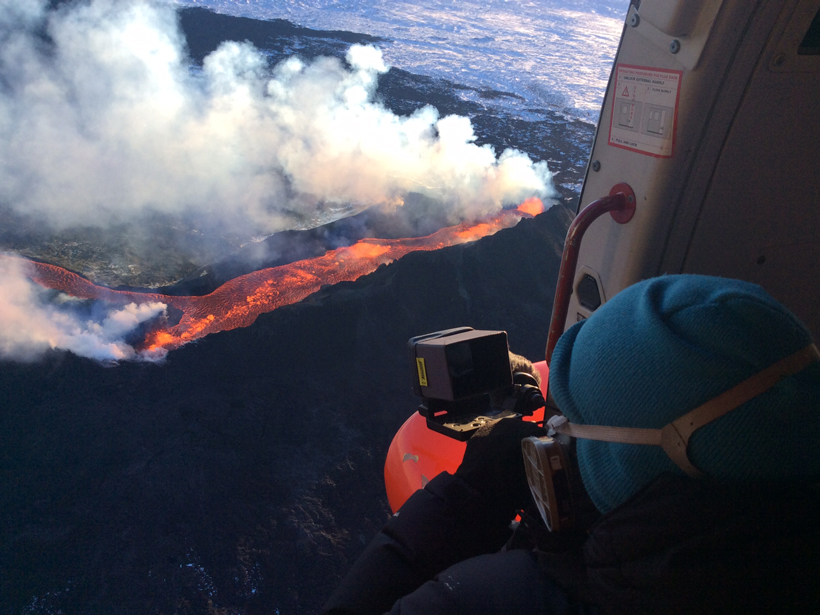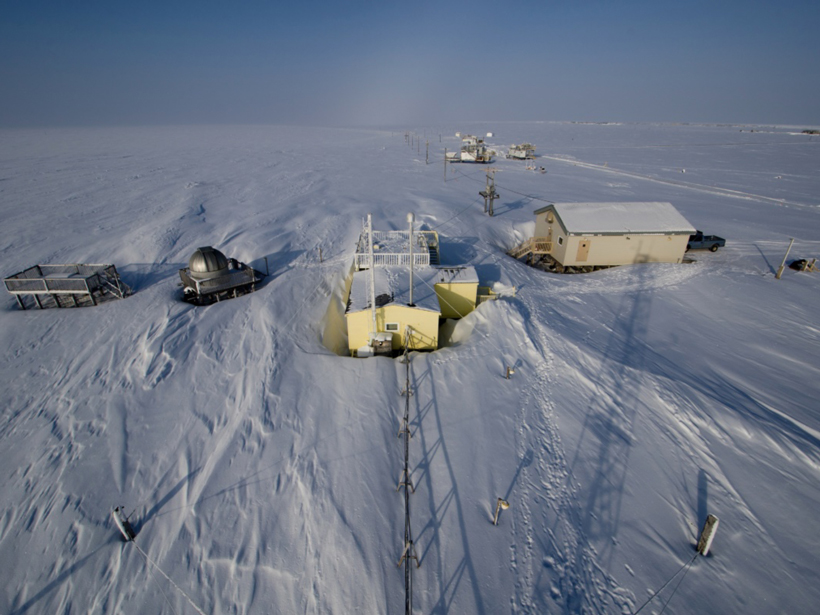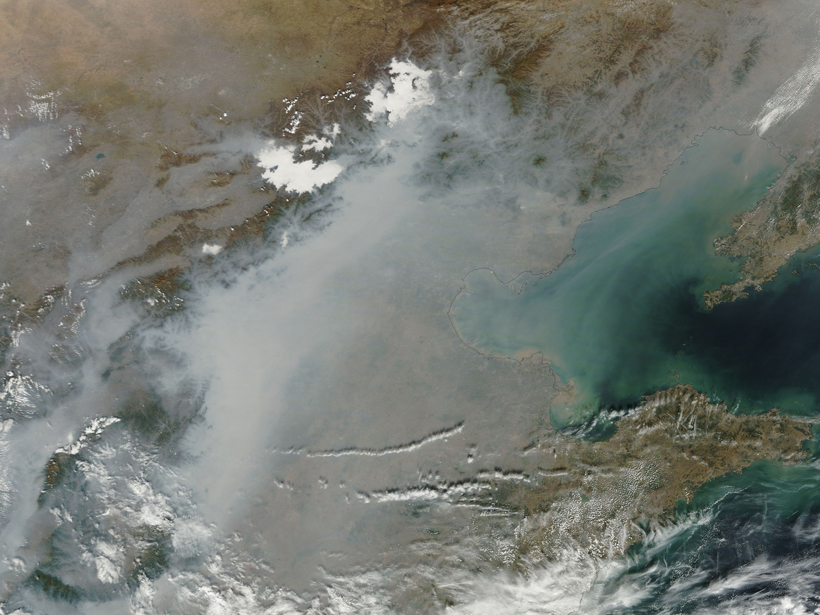Researchers extend long-term aerosol records to the past 40 years by combining two existing algorithms to process satellite data over both land and sea.
aerosols & particles
Airborne Laser Spectroscopy System Can Map Atmospheric Gases
A new versatile spectroscopy system could create ultraprecise maps of Earth’s atmosphere, detect methane emission sources, and scan for chemical weapons.
Tiny Particles with Big Impact on Global Climate
A recent paper in Reviews of Geophysics suggests that new understandings of secondary organic aerosol may require a rethinking of atmospheric chemistry-climate models.
Volcano’s Toxic Plume Returns as Stealth Hazard
During a closely watched eruption, plumes of harmful sulfur dioxide gas morphed into “plumerangs” of sulfuric-acid-rich aerosols that descended on populated parts of Iceland.
Black Carbon Measurements in the Arctic Get an Upgrade
Long-term data of higher accuracy could help improve global climate models and reveal trends in black carbon’s influence on Arctic climate.
La Niña Subtype May Have a Big Impact on Aerosols in China
During a newly identified "flavor" of La Niña called La Niña Modoki, aerosol concentrations over different regions of eastern China may depend heavily on the strength of the event.
Better Estimates of Clouds' Climate Effects Are on the Horizon
A recent update to an algorithm for processing satellite data could improve understanding of the variable climate effects of clouds composed of different amounts of ice and liquid.
Meteorologists Track Wildfires Using Satellite Smoke Images
Enhancements to the National Oceanic and Atmospheric Administration's decision support system give forecasters new capabilities for tracking smoke from fires using satellite data.
Volcanic Ash Particles Hold Clues to Their History and Effects
Volcanic Ash as an Active Agent in the Earth System (VA3): Combining Models and Experiments; Hamburg, Germany, 12–13 September 2016
Satellite Data Reveal Effects of Aerosols in Earth's Atmosphere
Combining data from multiple sources could aid in predicting the tiny atmospheric particles' effects on global warming.










